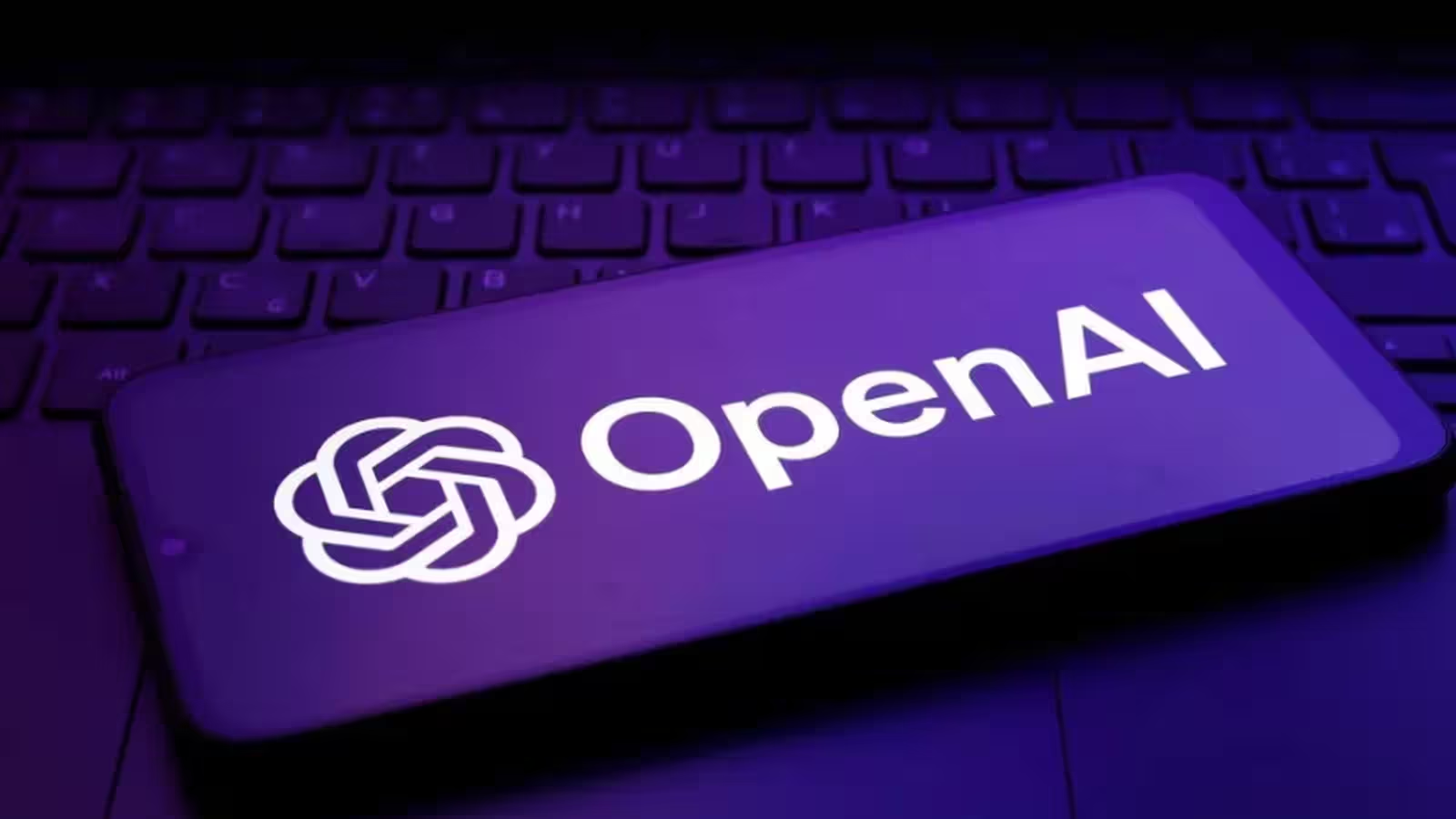3 Minutes
AI in Healthcare: More Than Just a Tool
Artificial intelligence continues to break barriers across industries, but its applications in healthcare are especially life-changing. One recent, deeply personal story from within OpenAI demonstrates how transformative AI-powered solutions like ChatGPT can be—not just in theory, but in real life.
Facing Cancer With AI Support: Kate Roch’s Journey
Kate Roch, Chief Marketing Officer at OpenAI, shared a powerful account of her cancer diagnosis shortly after starting her dream job. In an emotional series of posts on X, Roch detailed her experience battling breast cancer—while simultaneously leading OpenAI's marketing efforts during a pivotal moment for the company.
Roch, a veteran of both Coinbase and Meta, describes how her journey through treatment began just as OpenAI launched its first-ever television commercial. Over the course of 13 chemotherapy sessions, she found herself relying on more than just conventional medicine. Her experience highlighted the supportive role that advanced AI technology can play for patients and families facing critical health challenges.
Features and Real-World Advantages of ChatGPT
Simplifying Complex Medical Information
One of the standout features of ChatGPT during Roch’s care was its ability to translate complicated cancer terminology into language her young children could understand. Generative AI's natural language processing skills made tough conversations simpler and less intimidating for her family.
Personalized Health Management and Emotional Support
ChatGPT went beyond just information delivery. Roch leveraged the AI chatbot to manage the side effects of chemotherapy, generate meditations tailored to her emotional state, and navigate the overwhelming complexity of cancer care. This level of customization marks a significant step forward compared to traditional health information resources—offering direct, context-aware support to patients and caregivers alike.
Why ChatGPT Stands Out: Market Relevance and Future Use Cases
Unlike many generic medical tools, ChatGPT’s natural language interface empowers users to ask questions and get answers in real time, removing barriers to medical knowledge and emotional wellness support. For healthcare providers and tech professionals, this case demonstrates the growing potential of conversational AI to complement existing medical services, foster patient education, and improve health outcomes.
Roch’s perspective as both a tech leader and patient imbues OpenAI’s mission with new meaning—showing that behind every line of code is the potential to directly impact real lives.
Key Takeaway: Empowering Patients With Cutting-Edge Technology
By sharing her story, Roch hopes to encourage others, especially women, to prioritize their health—regardless of career or family pressures. "A routine checkup saved my life," she emphasizes, illustrating the power of both medical innovation and preventative care.
As AI models like ChatGPT continue to evolve, their role in healthcare—bridging information gaps, supporting decision-making, and offering comfort—is only set to expand. This blend of technological advancement and human impact is exactly what makes AI a vital force in today’s digital age.



Comments